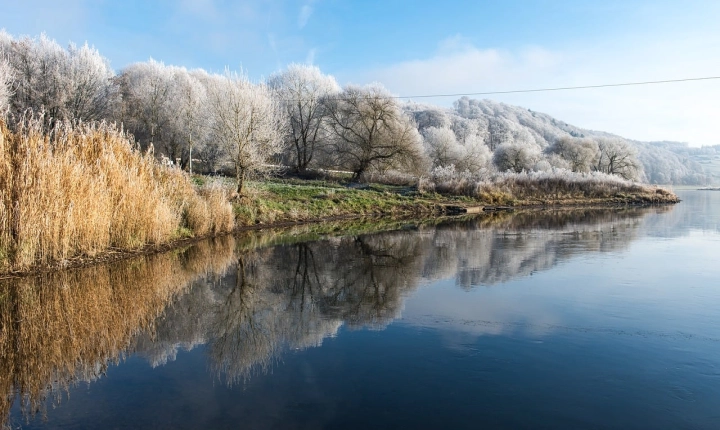Artificial Intelligence Taking Over the Blank Canvas
Artificial intelligence has long been a topic of fascination and debate, but its impact on the world of art is now becoming increasingly prevalent. From creating original artworks to analyzing and critiquing existing ones, AI is revolutionizing the way we view and appreciate art.
One of the most fascinating applications of AI in the art world is its ability to generate original pieces of artwork. Through machine learning algorithms and neural networks, AI systems are now capable of producing paintings, music, and even literature. These AI-generated artworks often challenge the traditional notions of creativity and artistry, leaving many to ponder the question of what it truly means to be an artist.
Some may argue that AI lacks the emotional depth and lived experience of human creators, and therefore the art it generates is inherently devoid of meaning. However, proponents of AI-generated art contend that the unique perspectives and creative processes of AI can offer new and thought-provoking insights into the human condition.
Another transformative aspect of AI in the art world is its ability to analyze and interpret existing artworks. AI systems can process vast amounts of data and recognize patterns and themes that may go unnoticed by human observers. This can lead to a deeper understanding of art history and a more nuanced appreciation of the diverse styles and movements that have shaped the art world.
In addition to this, AI has also proven to be an invaluable tool for art preservation and restoration. By using advanced imaging techniques and machine learning algorithms, AI can help in the identification and conservation of deteriorating artworks, ensuring that they are preserved for future generations to enjoy.
However, as AI continues to gain prominence in the art world, it also raises important questions about the ethical and legal implications of AI-generated art. Who owns the rights to an artwork produced by AI? Can AI be considered a co-creator alongside its human programmers? These are complex issues that the art community will need to address as AI-generated art becomes more commonplace.
Overall, the rise of AI in the art world presents both exciting opportunities and challenging questions. As AI continues to push the boundaries of creativity and expression, it is clear that the relationship between technology and art is evolving in unprecedented ways. Whether AI will ultimately enhance or diminish the human experience of art remains to be seen, but one thing is certain: the impact of AI on the blank canvas is far from blank.
